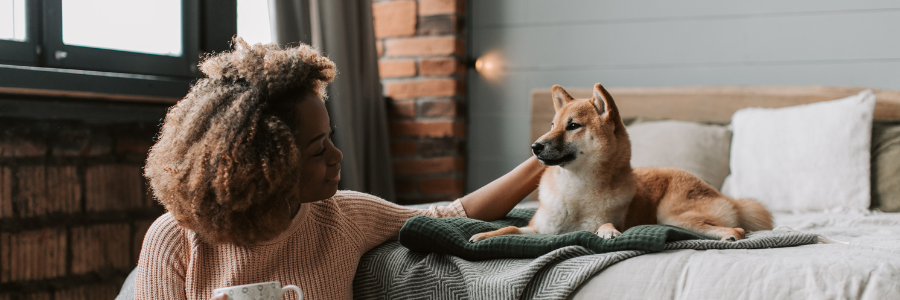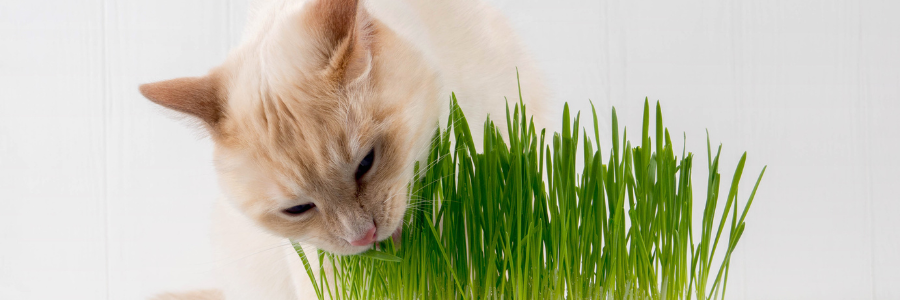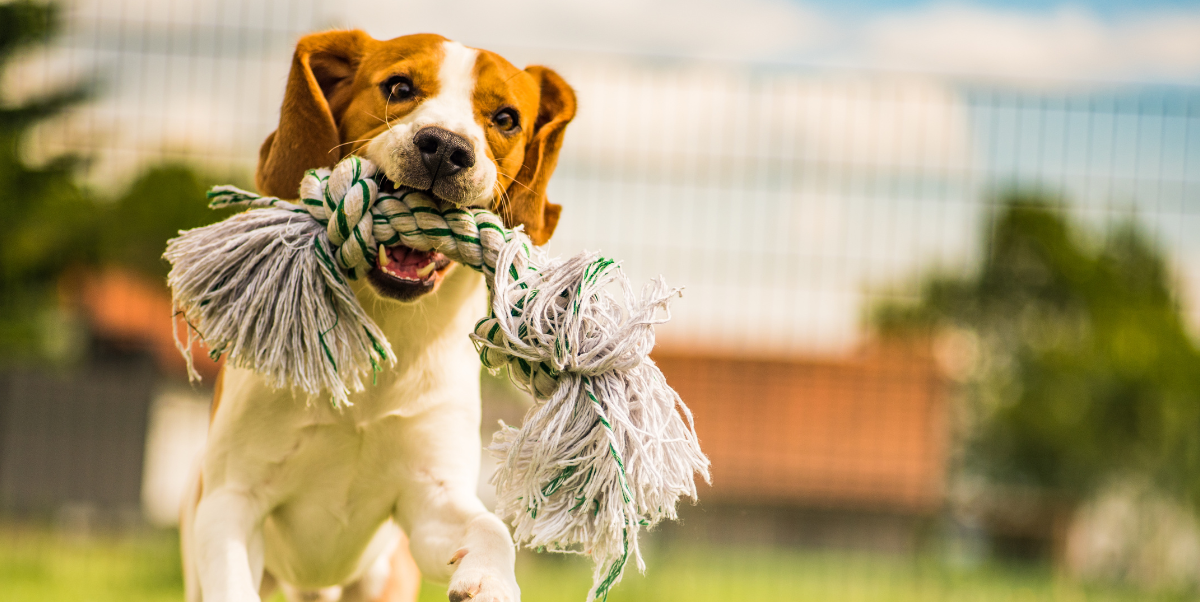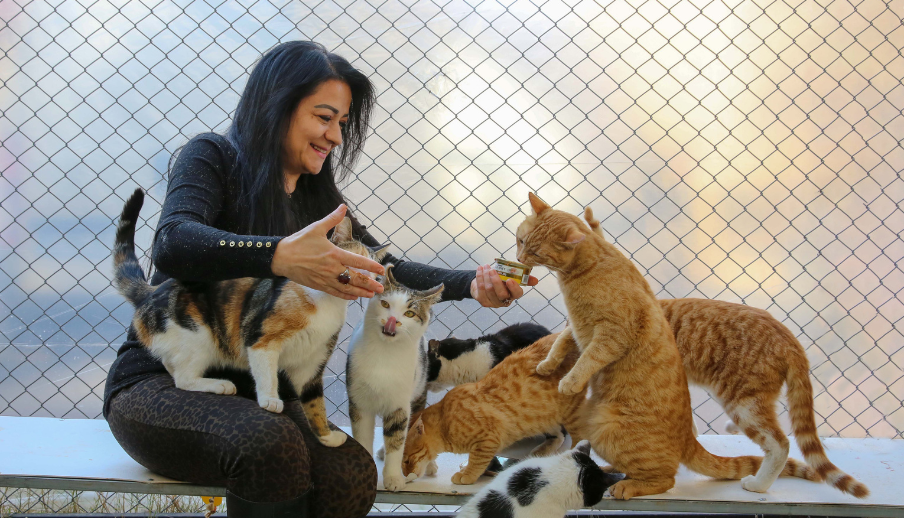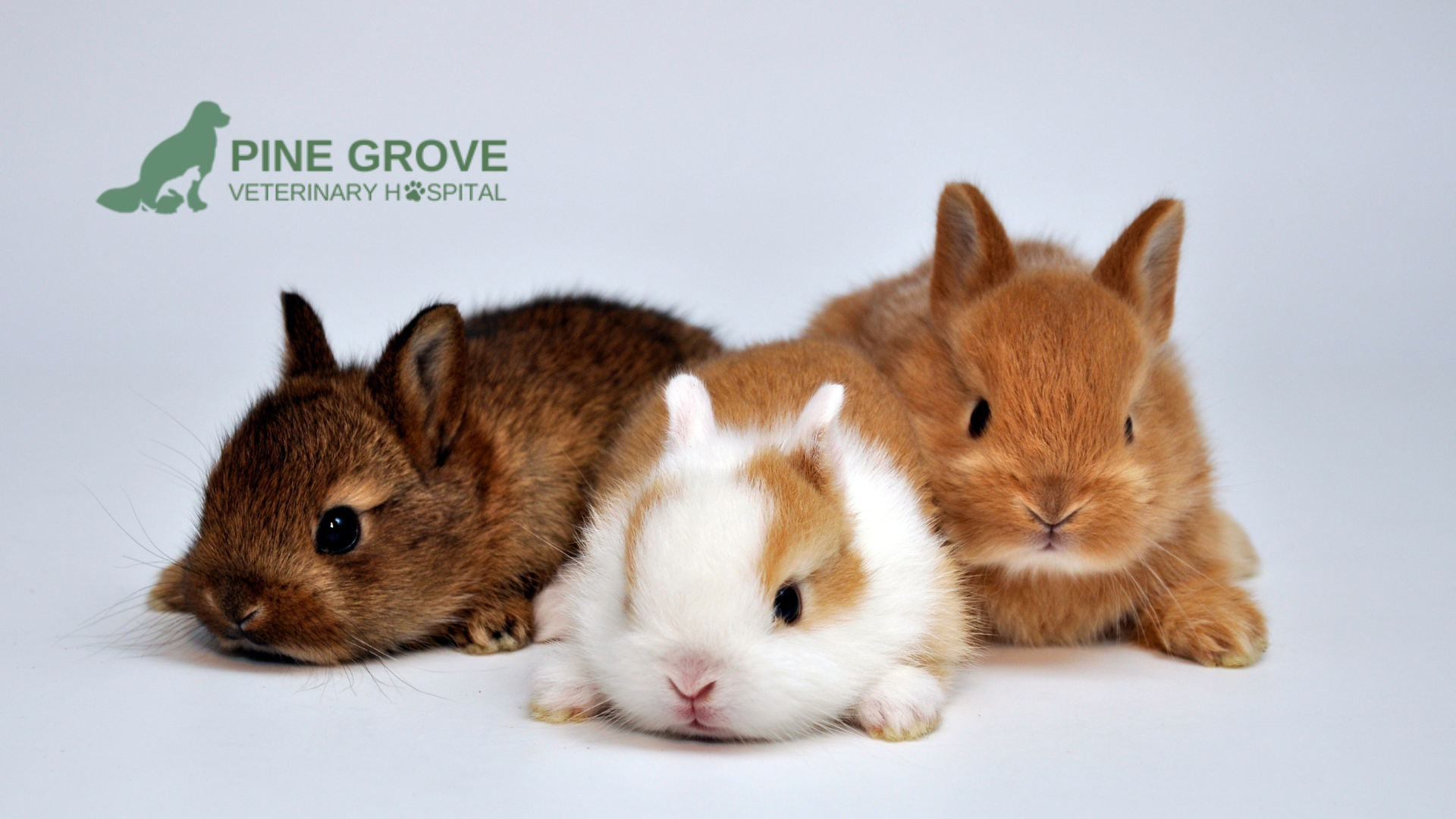Why Do Cats Make Biscuits? Understanding Feline Kneading Behavior
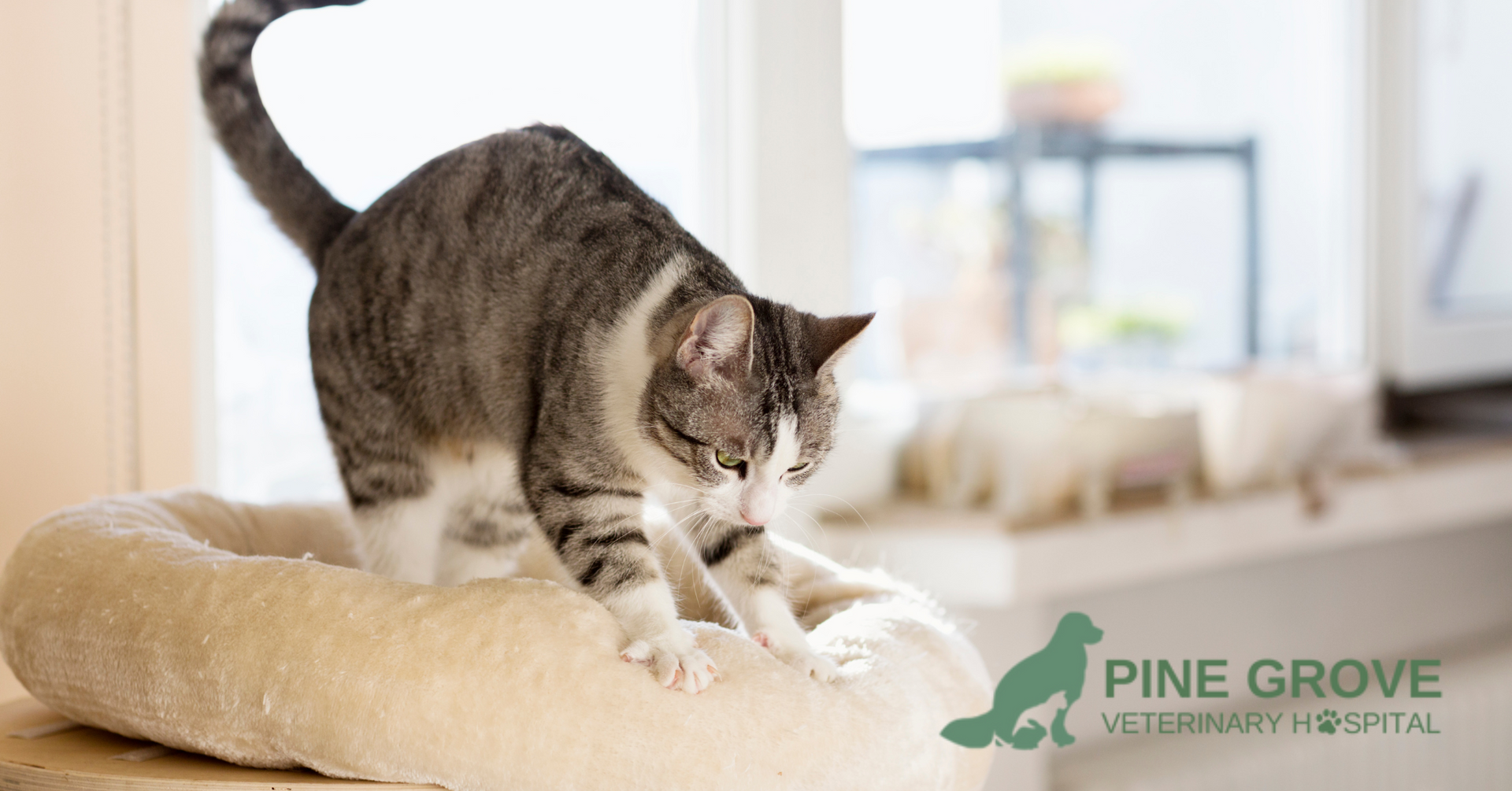
If you're a cat owner, you've probably noticed your feline friend pressing their paws rhythmically against a soft surface, like a blanket or your lap. This behaviour, often called "making biscuits," is both endearing and puzzling. But why do cats do this? Let's explore the reasons behind this common behaviour and how it relates to feline behaviour management with insights from Pine Grove Vet.
The Origins of Kneading
Kneading is a natural behaviour that starts in kittenhood. When kittens nurse from their mother, they knead to stimulate milk flow. This action comforts them and is often associated with feelings of safety and security. As cats grow older, they continue to knead, but the reasons behind this behaviour can vary.
Why Adult Cats Knead
- Comfort and Security: Just as kittens knead to feel secure, adult cats may knead when they feel content and relaxed. This is why you might notice your cat making biscuits when they’re about to settle down for a nap or cuddling with you. It's their way of expressing happiness and comfort.
- Marking Territory: Cats have scent glands in their paws, which mark their territory when kneading. The action leaves behind their scent, signalling ownership. This is a way for your cat to mark you or their favourite resting spot as "theirs."
- Stretching and Exercise: Kneading helps cats stretch their muscles, especially after a nap. It keeps their paws and legs limber, like stretching after sitting for a long time.
- Mating Behavior: In some cases, female cats may knead as part of their mating behaviour. It’s a way to signal that they are in heat and ready to mate, though this is less common in spayed cats.
Managing Kneading Behavior
While kneading is generally harmless, some cats may use claws, which can be uncomfortable or even painful for their human companions. Here are some tips from Pine Grove Vet on managing this behaviour:
- Keep Claws Trimmed: Regularly trimming your cat's claws can minimize any discomfort when they knead. If you need help with this, your vet can show you the proper technique.
- Provide Soft Surfaces: Encourage your cat to knead on soft, designated surfaces, like a plush blanket or a cat bed. If the behaviour becomes too uncomfortable, this can help redirect it away from your lap.
- Use a Barrier: If your cat insists on kneading your lap with claws, consider placing a thick blanket or towel over your legs to create a barrier.
- Positive Reinforcement: Reward your cat with treats or affection when they knead on acceptable surfaces. This reinforces the behaviour you want to encourage.
When to Seek Help
In most cases, kneading is a normal and healthy behavior. However, if your cat's kneading becomes excessive or is accompanied by other concerning behaviours, it might indicate underlying stress or anxiety. In such cases, it’s essential to consult with a veterinary professional who can assess your cat's overall behaviour and health.
At Pine Grove Vet, we specialize in feline behaviour management and can help you better understand your cat's actions. Whether your cat is kneading, scratching, or engaging in any other behaviour, our team is here to provide guidance and support to ensure your cat's well-being.
Conclusion
Kneading, or "making biscuits," is a natural behavior in cats that stems from their earliest days as kittens. It’s a sign of comfort, security, and sometimes, territorial marking. While this behaviour is generally nothing to worry about, understanding its reasons can help you better manage your cat's actions and ensure they’re happy and healthy.
If you have concerns about your cat's kneading or other behaviours, please contact Pine Grove Vet. Our experts are here to help with all aspects of feline behaviour management, ensuring your furry friend stays content and well-cared for.
Frequently Asked Questions
Why do cats knead with their claws out?
As a natural reflex, cats may extend their claws while kneading. To manage this, trim their claws and provide soft surfaces to knead on.
Is kneading a sign that my cat loves me?
Yes, kneading is often a sign that your cat feels comfortable and secure around you. It's a way for them to express affection and contentment.
How can I stop my cat from kneading on me?
You can gently redirect your cat to knead on a blanket or soft pillow. Placing a thick barrier, like a blanket, between you and your cat during kneading can also help reduce discomfort.
Should I be concerned if my cat kneads excessively?
If your cat's kneading is excessive or accompanied by signs of stress, it’s a good idea to consult your vet. They can help determine if there’s an underlying issue that needs attention.
Can kneading behavior change over time?
Yes, changes in your cat's environment, health, or routine can influence their kneading behaviour. If you notice significant changes, it’s worth discussing with your vet to ensure your cat’s well-being.
Understanding why cats make biscuits and how to manage this behaviour helps strengthen the bond between you and your feline companion. Pine Grove Vet is here to support you with expert advice on all aspects of your pet's health and behaviour.


